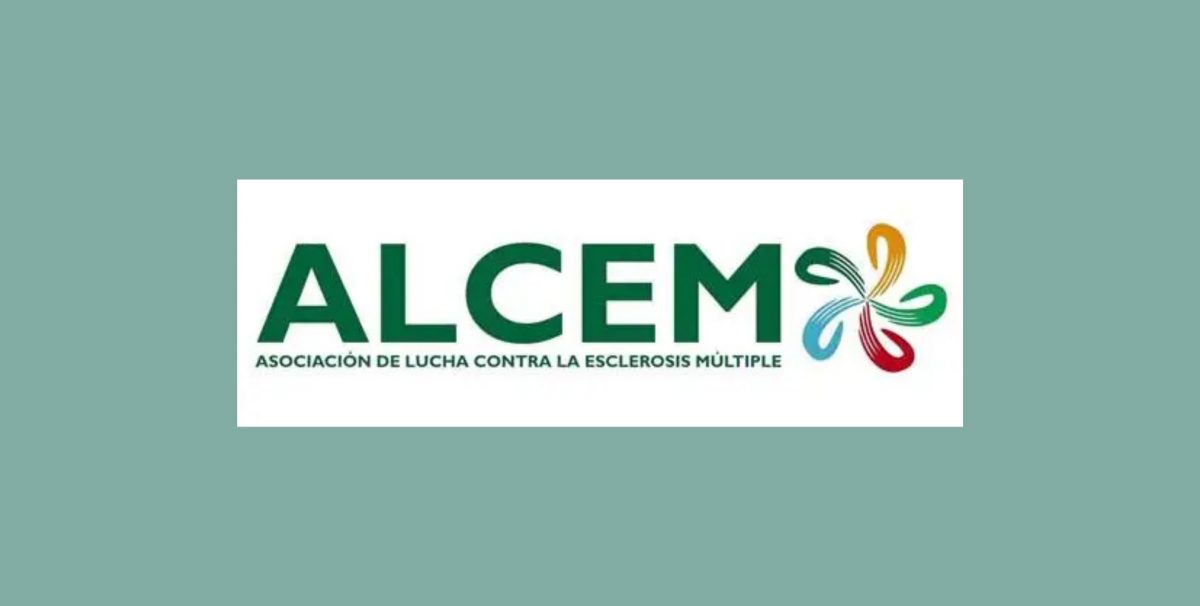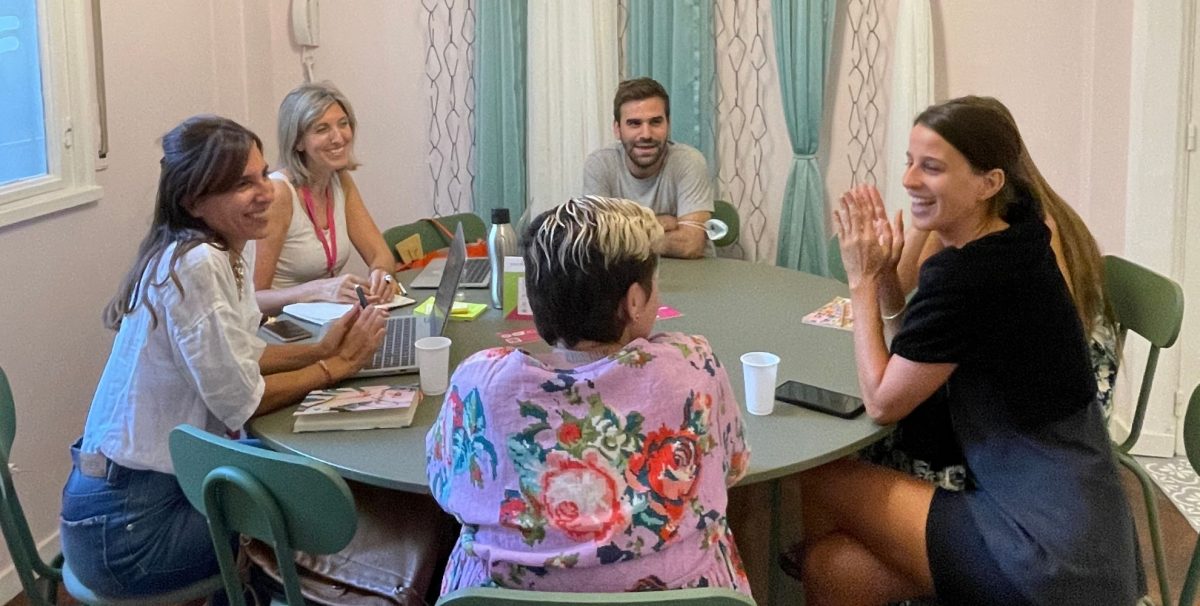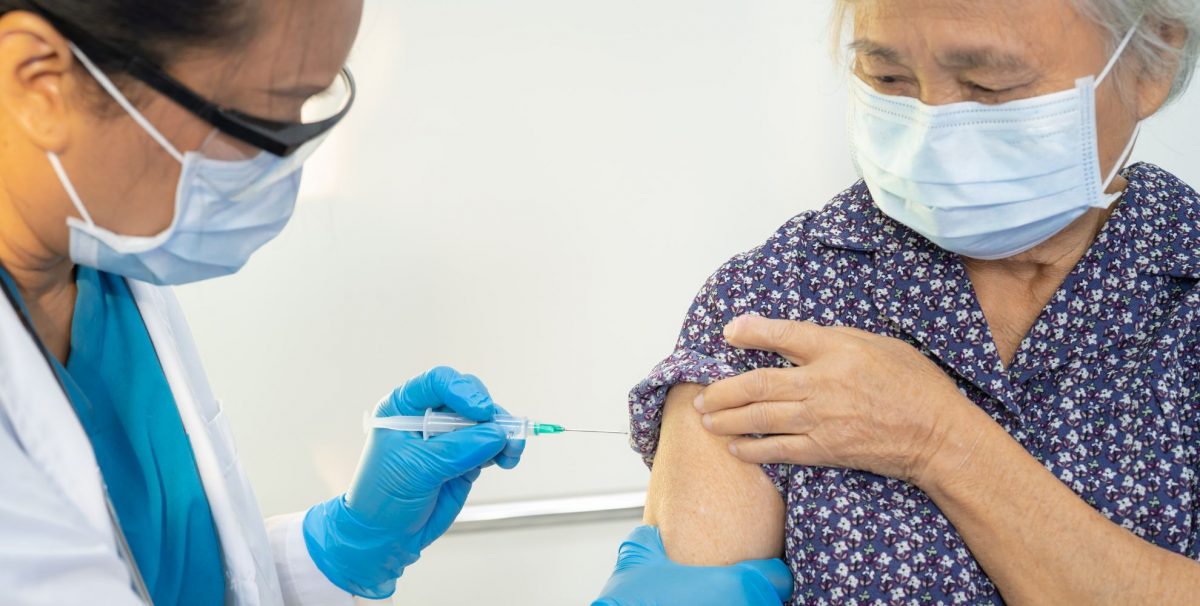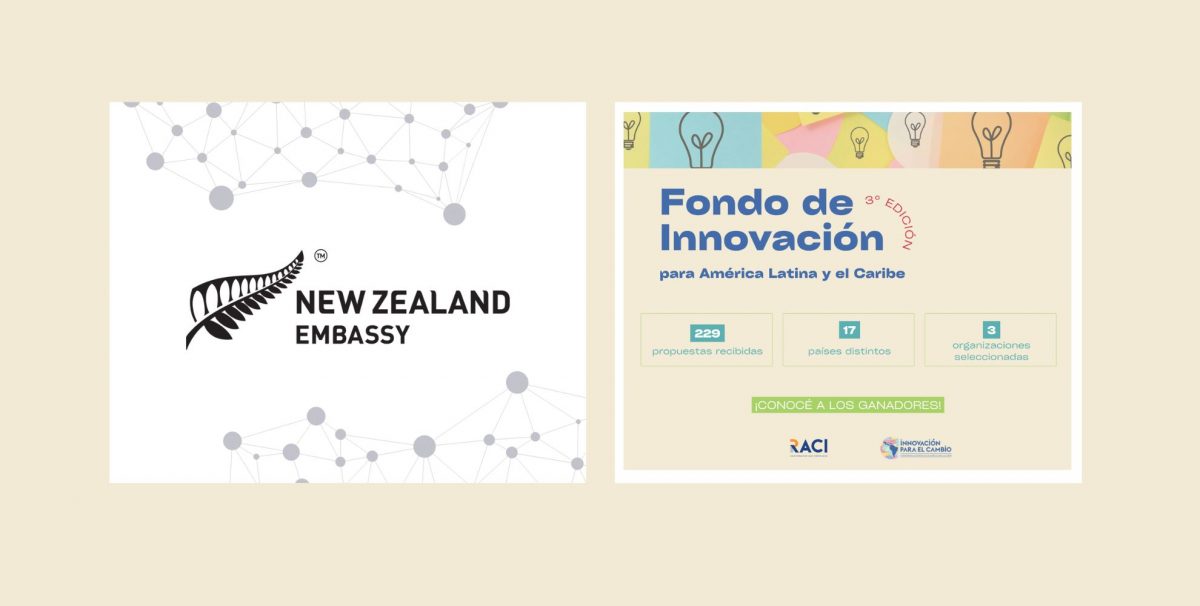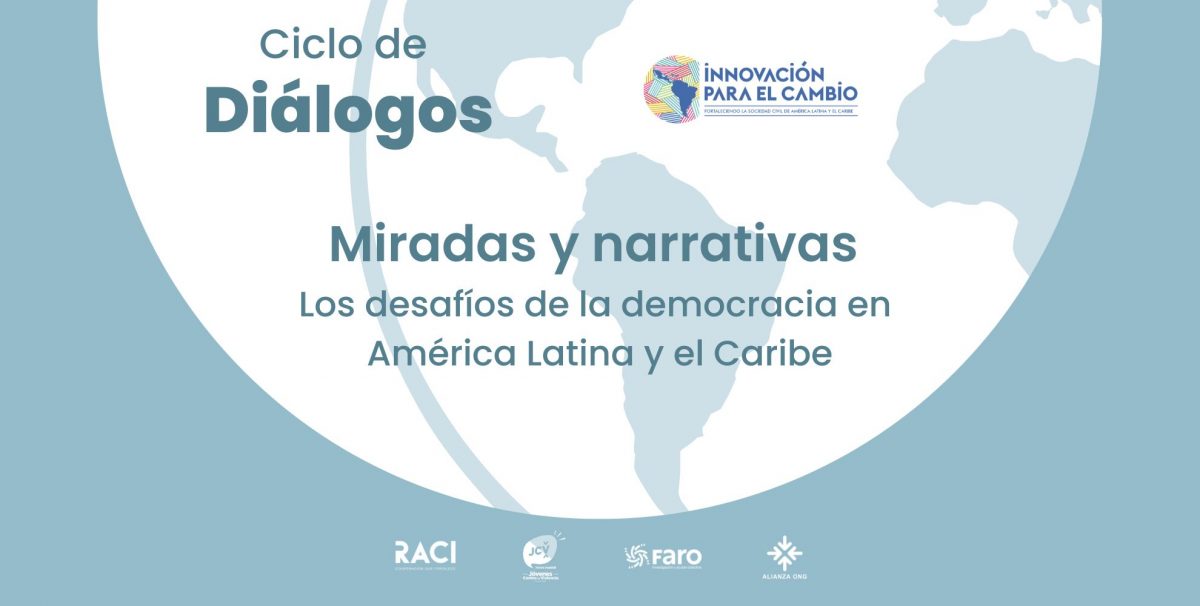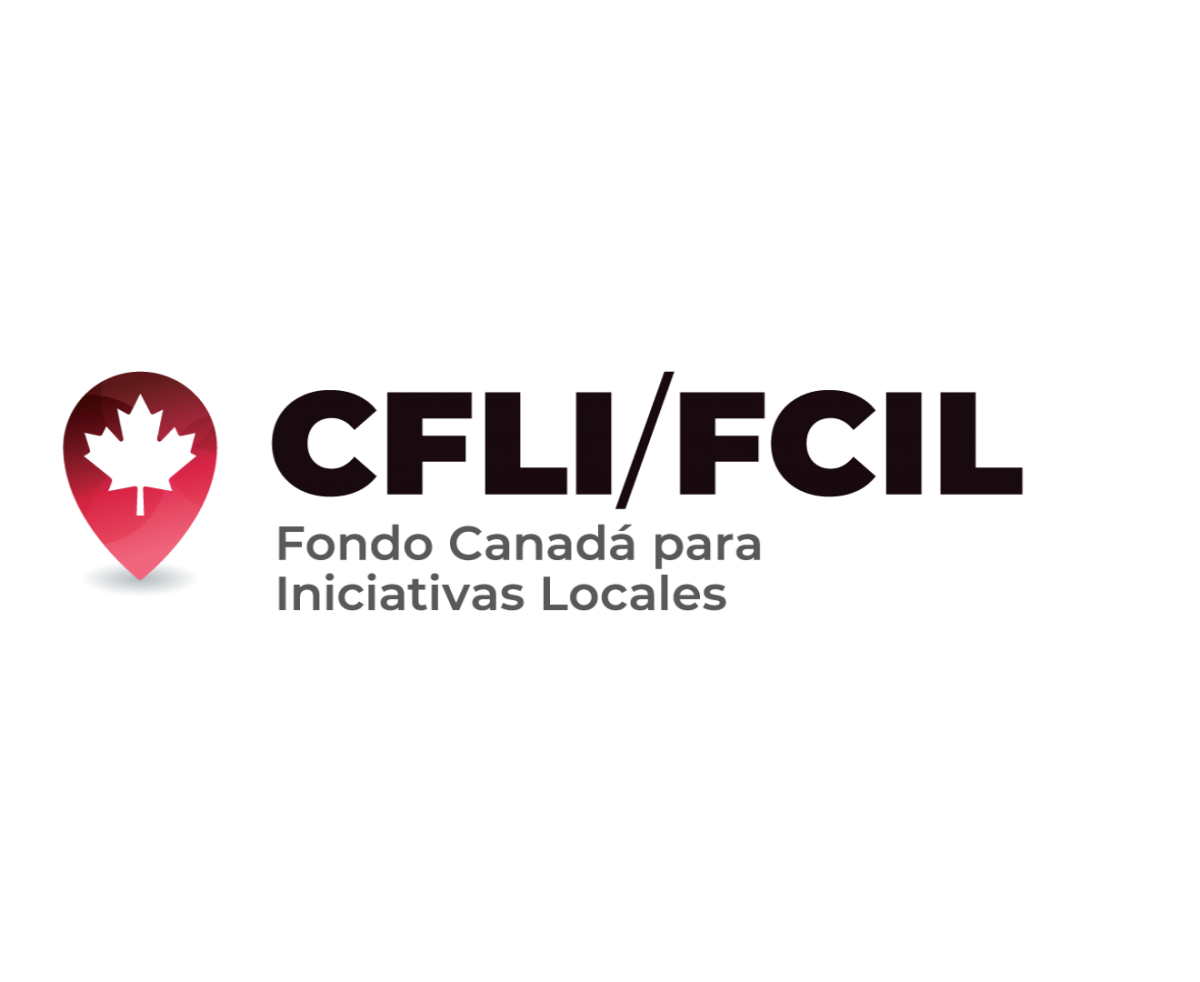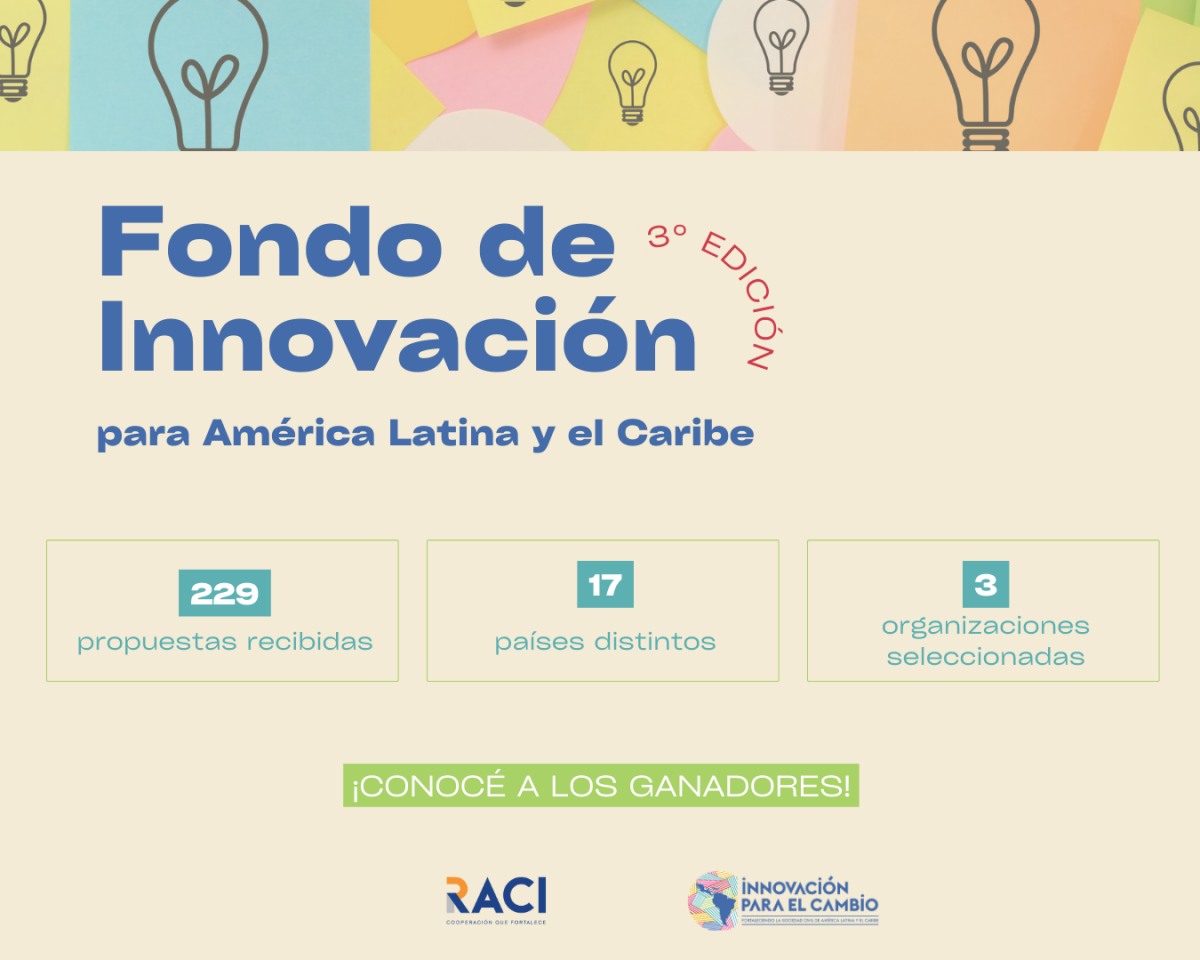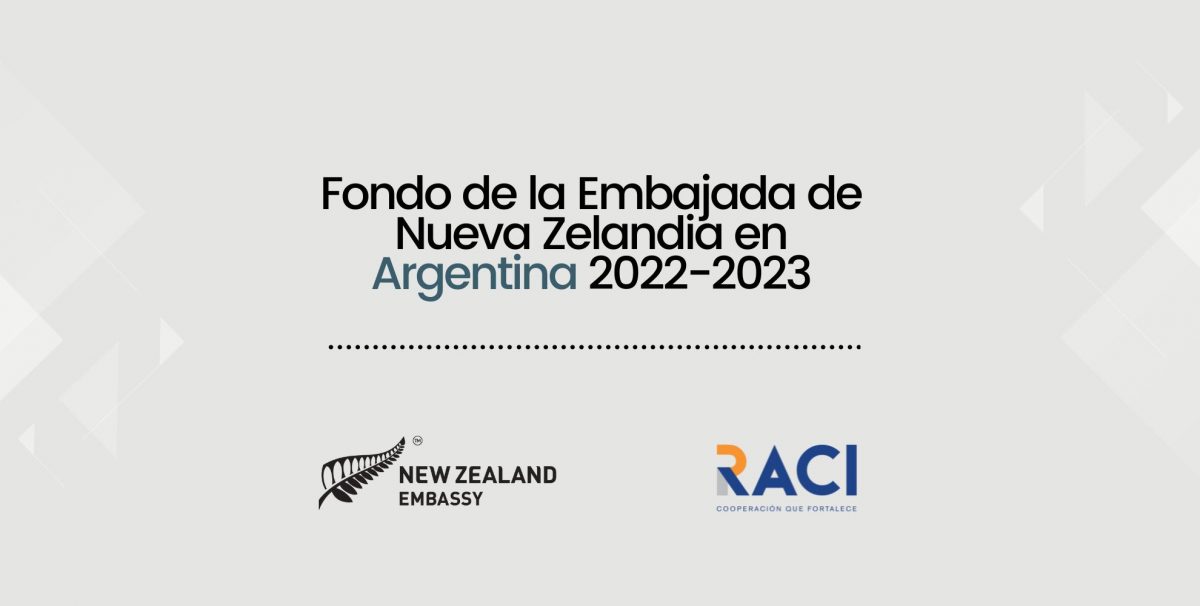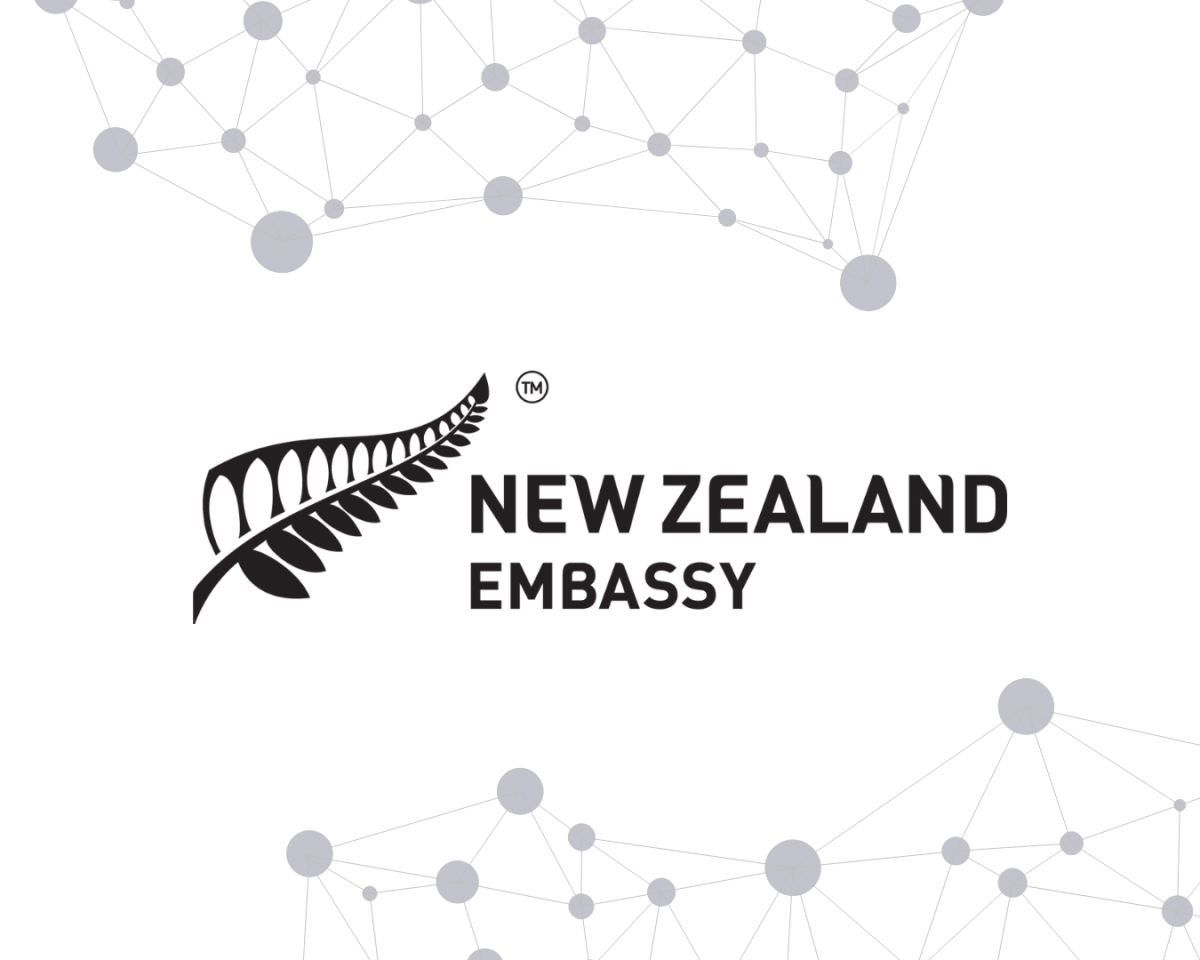ALCEM is a non-profit organization that defends the rights of people with multiple sclerosis (MS) in Argentina. MS is a neurological, autoimmune, chronic and degenerative disease that usually occurs between 20 and 40 years of age, is prevalent in women and, in many cases, coincides with a stage of professional, occupational and family development.
MS presents itself in different ways, with varying degrees of impact on patients’ health. Although symptoms vary in each case, some of them may involve feelings of fatigue, vision problems, numbness or tingling in the extremities, motor and coordination difficulties, muscle pain, sensitivity, among others. However, each patient goes through the disease in a particular way and each case is unique, with greater or lesser difficulties in daily life.
In our country, it is estimated that MS affects approximately 17 thousand people, so it is considered a rare disease, although, year after year, the number of diagnosed patients increases in different parts of our region.
From our association, we take care of accompanying the person with MS and his/her family during the diagnosis process in coordination with our Medical Advisory Body and with the Reference Centers of the country. We advise and assist in issues such as access to health, labor, social and family situations and we promote principles such as empathy, social inclusion, healthy habits and quality of life.
In addition to accompanying patients through the diagnosis, we consider it of vital importance to inform and raise awareness of this disease in society. We believe that knowledge about MS can collaborate in making favorable decisions for health and, in turn, in breaking cultural barriers and preconceptions towards people with this type of chronic and disabling pathologies.
With this purpose, every year we launch a campaign on the occasion of World Multiple Sclerosis Day, which is our most popular action, taking place every May 30 and throughout that month. Through various events and campaigns we seek to raise awareness, share stories together with the entire global MS community and also have an impact on health policies through links with authorities and health institutions.
Among our actions, we highlight the initiative called Iluminemos Latinoamérica (Let’s light up Latin America) that we carried out during the last years and that allowed us to illuminate in orange -color that characterizes this pathology- several historical monuments of our country as a strategy to make visible and make known this neurological disease.
This year, we celebrate 25 years of operation as an association, which invites and motivates us to redouble our actions to expand the knowledge of MS, through various strategies that involve society in general by means of talks, cultural activities and promotion and dissemination actions.
In addition, as members of the Argentine Federation of Rare Diseases, we support the World EPOF Day campaign, which seeks to unite the whole community in the same cause to say that in Argentina there are 3.5 million people living with rare diseases. We also belong to the LATEM Multiple Sclerosis Network in Latin America and to the Multiple Sclerosis International Federation worldwide, with whom we share actions in the same cause. Recently, we joined RACI with the purpose of adding new links that contribute to achieve our goals and expand our knowledge.
On the other hand, we promote training and continuing education through informative talks with experts in order to broaden the arc of visibility of the disease. Within this framework, during 2021, strategic institutional alliances were carried out to extend the scope of MS topics.
We also contributed to the promotion of research by medical professionals, as we believe that the training of specialists benefits patients and improves their quality of life. That is why, since 2014, we awarded the “ALCEM – Miguel Pablo Gallardo” prize at the Argentine Congress of Neurology, which consists in the delivery of economic subsidies to continue promoting and supporting research topics in MS.
Within the activities for patients, we offer seminars and workshops. Seminars are informative spaces that offer a learning process on a particular topic, which provides important knowledge and favors the exploration of new challenges for the participants. On the other hand, the workshops are instances of encounter between people with MS, whose objective is to share personal experiences, which we consider fundamental to reduce the symptoms of depression and anxiety, reduce cognitive deterioration and improve well-being. Within these activities, we have Emotional Support, Cognitive Stimulation and Physical Well-being workshops.
All our actions are disseminated through our communication channels, among which are the Participar Magazine, which is published quarterly in digital format, where scientific information and the most outstanding activities of the association are provided. In addition, since 2018, El Juego No Termina has been aired, a radio program hosted by people with MS in which they give an account of the barriers they face on a daily basis, share information on health issues, testimonies, news and weave networks in the community articulating with other organizations or people who present similar situations.
The life experience of Miguel Pablo Gallardo, who lived this disease in his own flesh, gave birth to our association in 1998 with the aim of helping and accompanying other people with the same pathology. Currently, Susana Giachello, who presides the association, is in charge of leading our actions and continuing with Miguel’s legacy, keeping the initial spirit that translates into warmth, commitment and humane treatment.
You can contact us and learn about the work we do on our website or our social networks on Instagram, Facebook and on our YouTube channel.

